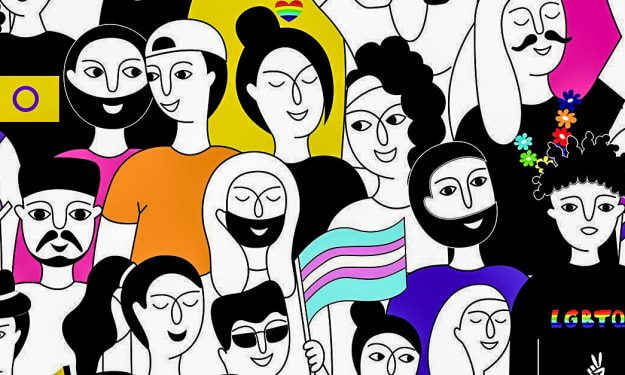Exploring Religion and Belief Systems:
A Window into the Human Soul

Religion and belief systems have been integral aspects of human civilization since time immemorial, shaping cultures, societies, and individual identities. In this exploration, we delve into the intricacies of religion and belief systems, uncovering their significance, diversity, and enduring relevance in the human experience.
Understanding Religion: Beyond Dogma and Doctrine
Religion encompasses a broad spectrum of beliefs, practices, rituals, and values that provide individuals and communities with frameworks for understanding the divine, the cosmos, and the meaning of existence. While religions vary widely in their beliefs and practices, they often share common themes such as the existence of a higher power or powers, moral codes of conduct, and rituals for worship and devotion. Moreover, religion serves various functions within society, including providing a sense of identity, community, and purpose, as well as offering comfort, guidance, and solace in times of uncertainty or crisis.
Types of Religion and Belief Systems
Religion and belief systems can be categorized into several main types:
Monotheistic Religions: Monotheistic religions, such as Christianity, Islam, and Judaism, believe in the existence of a single, all-powerful deity or God. Followers of monotheistic religions worship and adhere to the teachings and commandments of their respective faith traditions.
Polytheistic Religions: Polytheistic religions, such as Hinduism and ancient Greek and Roman religions, worship multiple deities or gods and goddesses, each representing different aspects of the divine. Polytheistic belief systems often involve complex pantheons and mythologies that reflect the cultural values and worldview of their adherents.
Pantheistic and Animistic Belief Systems: Pantheistic and animistic belief systems, such as Taoism and indigenous spiritualities, perceive the divine as immanent in the natural world. These belief systems emphasize interconnectedness, reverence for nature, and the sacredness of all life forms.
Non-theistic Religions and Philosophies: Non-theistic religions and philosophies, such as Buddhism and Confucianism, may not involve belief in a personal deity but instead focus on ethical principles, moral conduct, and spiritual enlightenment. These belief systems often emphasize self-awareness, mindfulness, and compassion as paths to spiritual fulfillment.
The Influence of Religion on Culture and Society
Religion plays a significant role in shaping cultural values, norms, and practices, influencing everything from art and architecture to social customs and political systems. Religious festivals, rituals, and ceremonies serve as focal points for communal celebration and cohesion, bringing people together in shared expressions of faith and devotion. Moreover, religion often intersects with other aspects of identity, such as ethnicity, nationality, and social class, contributing to the rich tapestry of human diversity and expression.
Challenges and Controversies in Religion
Despite its profound influence on human societies, religion is not without its challenges and controversies. Throughout history, religious differences have fueled conflicts, wars, and persecution, leading to tensions and divisions within and between communities. Moreover, the intersection of religion with issues such as gender equality, LGBTQ+ rights, and scientific progress has sparked debates and controversies, highlighting the complexities of balancing religious freedom with social justice and human rights.
The Quest for Spiritual Meaning and Fulfillment
In an increasingly secular and globalized world, the quest for spiritual meaning and fulfillment remains a fundamental aspect of the human experience. While organized religion continues to play a significant role in many people's lives, an increasing number of individuals are exploring alternative spiritual paths, such as mindfulness, meditation, and holistic healing practices. This diversity of spiritual beliefs and practices reflects the universal human yearning for connection, transcendence, and inner peace.
Conclusion: Honoring the Diversity of Religious Experience
In conclusion, religion and belief systems are profound expressions of human creativity, spirituality, and cultural identity. From the majestic cathedrals of Christianity to the serene temples of Buddhism, the world's religious traditions offer a kaleidoscope of beliefs, rituals, and spiritual practices that enrich the human experience. As we navigate the complexities of religious diversity, it's essential to approach religion with humility, respect, and an openness to learning from the wisdom and insights of others. By honoring the diversity of religious experience and fostering dialogue, understanding, and compassion, we can build a more inclusive and harmonious world where all individuals are free to express their faith and spirituality authentically.
About the Creator
Mohamed Ali
Mohamed Ali is a passionate writer and researcher with a keen interest in exploring the complexities of human behavior and society through the lens of sociology. With a background in sociology and psychology.






Comments
There are no comments for this story
Be the first to respond and start the conversation.